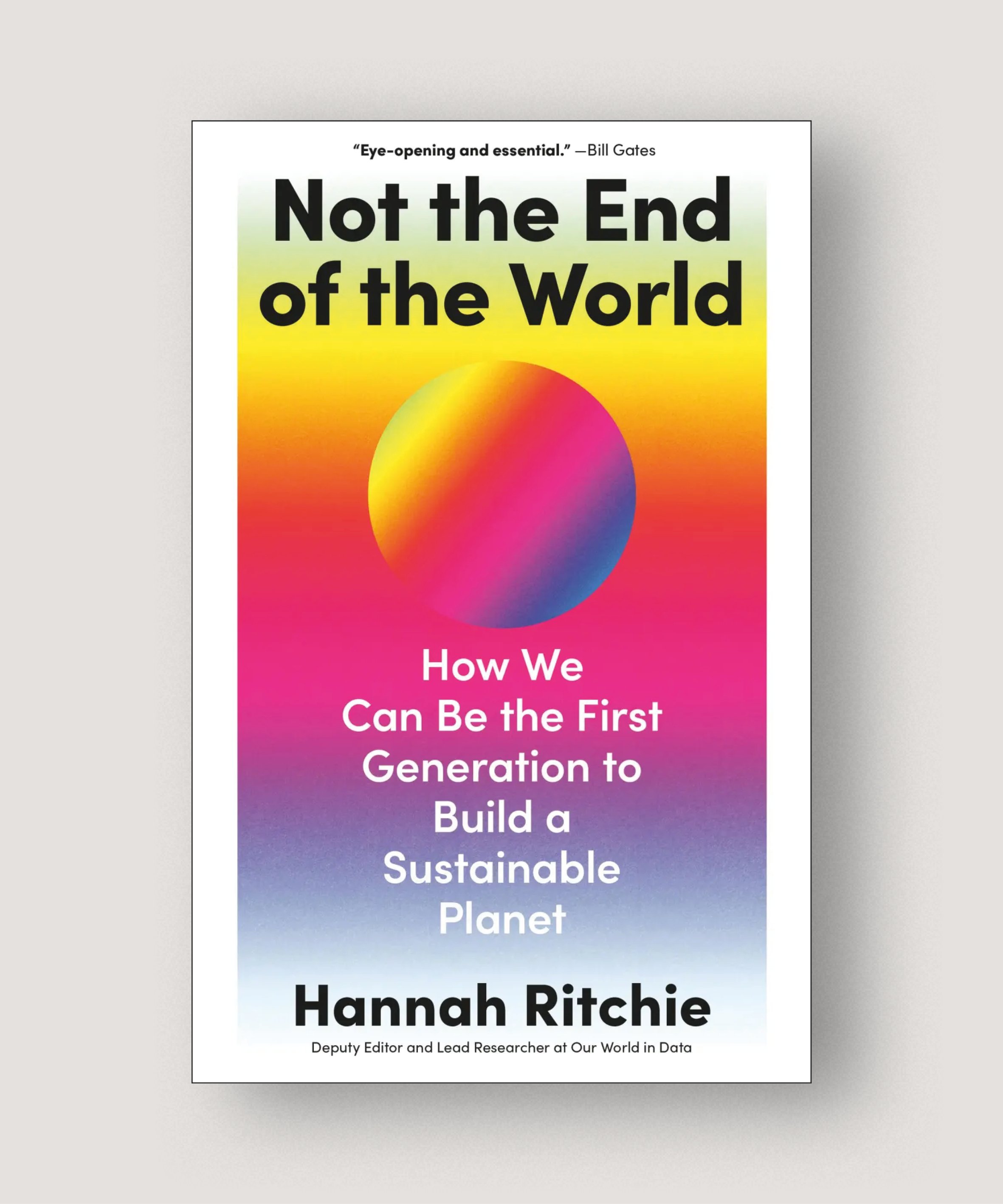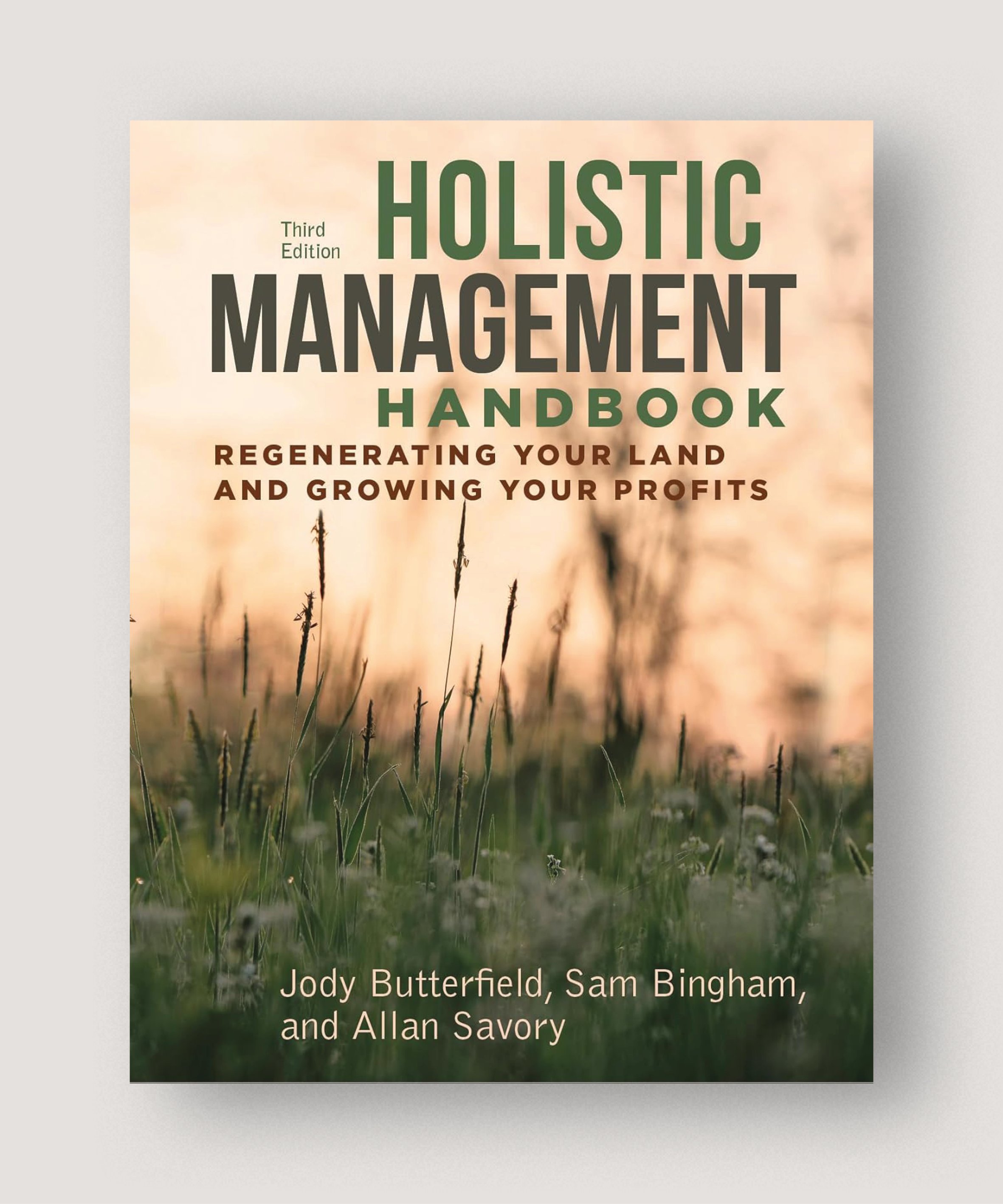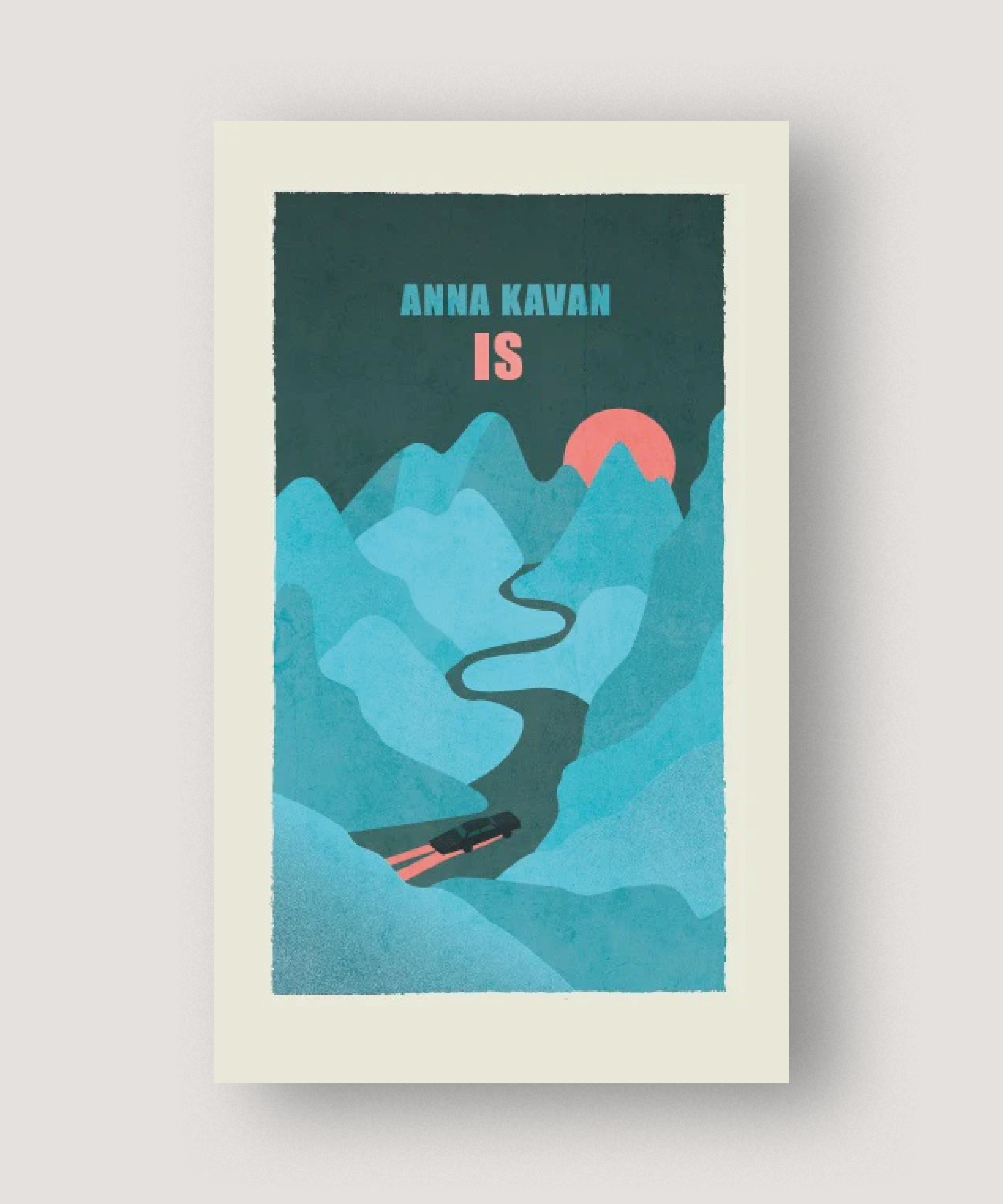Not the end of the world – Hannah Ritchie
It's become common to tell kids that they're going to die from climate change. We are constantly bombarded by doomsday headlines that tell us the soil won't be able to support crops, fish will vanish from our oceans, and that we should reconsider having children. But in this bold, radically hopeful book, data scientist Hannah Ritchie argues that if we zoom out, a very different picture emerges.
In fact, the data shows we've made so much progress on these problems that we could be on track to achieve true sustainability for the first time in human history. Did you know that carbon emissions per capita are actually down, deforestation peaked back in the 1980s, the air we breathe now is vastly improved from centuries ago, and more people died from natural disasters a hundred years ago?
Packed with the latest research, practical guidance, and enlightening graphics, this book will make you rethink almost everything you've been told about the environment. Not the End of the World will give you the tools to understand our current crisis and make lifestyle changes that actually have an impact. Hannah cuts through the noise by outlining what works, what doesn't, and what we urgently need to focus on so we can leave a sustainable planet for future generations. These problems are big. But they are solvable. We are not doomed. We can build a better future for everyone. Let's turn that opportunity into reality.
It's become common to tell kids that they're going to die from climate change. We are constantly bombarded by doomsday headlines that tell us the soil won't be able to support crops, fish will vanish from our oceans, and that we should reconsider having children. But in this bold, radically hopeful book, data scientist Hannah Ritchie argues that if we zoom out, a very different picture emerges.
In fact, the data shows we've made so much progress on these problems that we could be on track to achieve true sustainability for the first time in human history. Did you know that carbon emissions per capita are actually down, deforestation peaked back in the 1980s, the air we breathe now is vastly improved from centuries ago, and more people died from natural disasters a hundred years ago?
Packed with the latest research, practical guidance, and enlightening graphics, this book will make you rethink almost everything you've been told about the environment. Not the End of the World will give you the tools to understand our current crisis and make lifestyle changes that actually have an impact. Hannah cuts through the noise by outlining what works, what doesn't, and what we urgently need to focus on so we can leave a sustainable planet for future generations. These problems are big. But they are solvable. We are not doomed. We can build a better future for everyone. Let's turn that opportunity into reality.
It's become common to tell kids that they're going to die from climate change. We are constantly bombarded by doomsday headlines that tell us the soil won't be able to support crops, fish will vanish from our oceans, and that we should reconsider having children. But in this bold, radically hopeful book, data scientist Hannah Ritchie argues that if we zoom out, a very different picture emerges.
In fact, the data shows we've made so much progress on these problems that we could be on track to achieve true sustainability for the first time in human history. Did you know that carbon emissions per capita are actually down, deforestation peaked back in the 1980s, the air we breathe now is vastly improved from centuries ago, and more people died from natural disasters a hundred years ago?
Packed with the latest research, practical guidance, and enlightening graphics, this book will make you rethink almost everything you've been told about the environment. Not the End of the World will give you the tools to understand our current crisis and make lifestyle changes that actually have an impact. Hannah cuts through the noise by outlining what works, what doesn't, and what we urgently need to focus on so we can leave a sustainable planet for future generations. These problems are big. But they are solvable. We are not doomed. We can build a better future for everyone. Let's turn that opportunity into reality.






